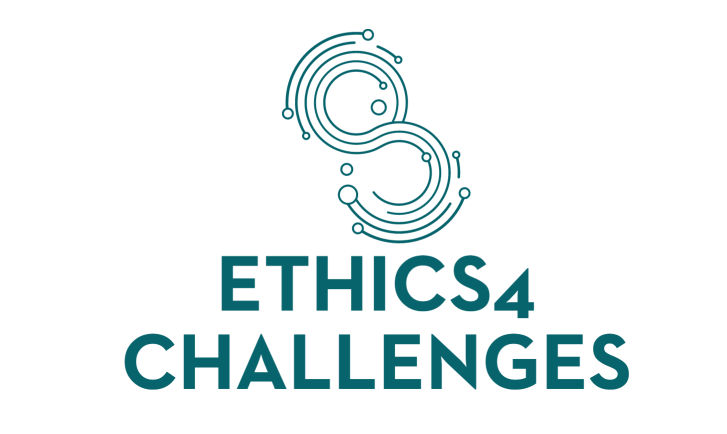Engaging Students in constructive debates /building up their critical thinking and argumentation skills
The courses of this program aim to recalibrate students’ expectations regarding ethics education. Contrary to anticipations of a curriculum steeped in normative ethical theories such as utilitarianism, deontology, or virtue ethics, we introduce them to applied ethics. This field addresses the ethical issues prevalent in contemporary society. This reorientation from the procedural ethics often associated with research to a more integrated approach underscores the relevance of ethical considerations within their respective disciplines.
A critical learning outcome is the realization that not all problems have clear-cut solutions, particularly technical ones. Furthermore, the courses provide a microcosm of team dynamics, offering students experiential insights into collaborative work, responsibility, and conflict resolution—skills that are indispensable for their future professional engagements.
In essence, the educational philosophy advocates for ethics as an intrinsic element of the academic and professional landscape rather than an extraneous addition, thereby equipping students with the necessary competencies to navigate the complex ethical terrain of the modern world.

